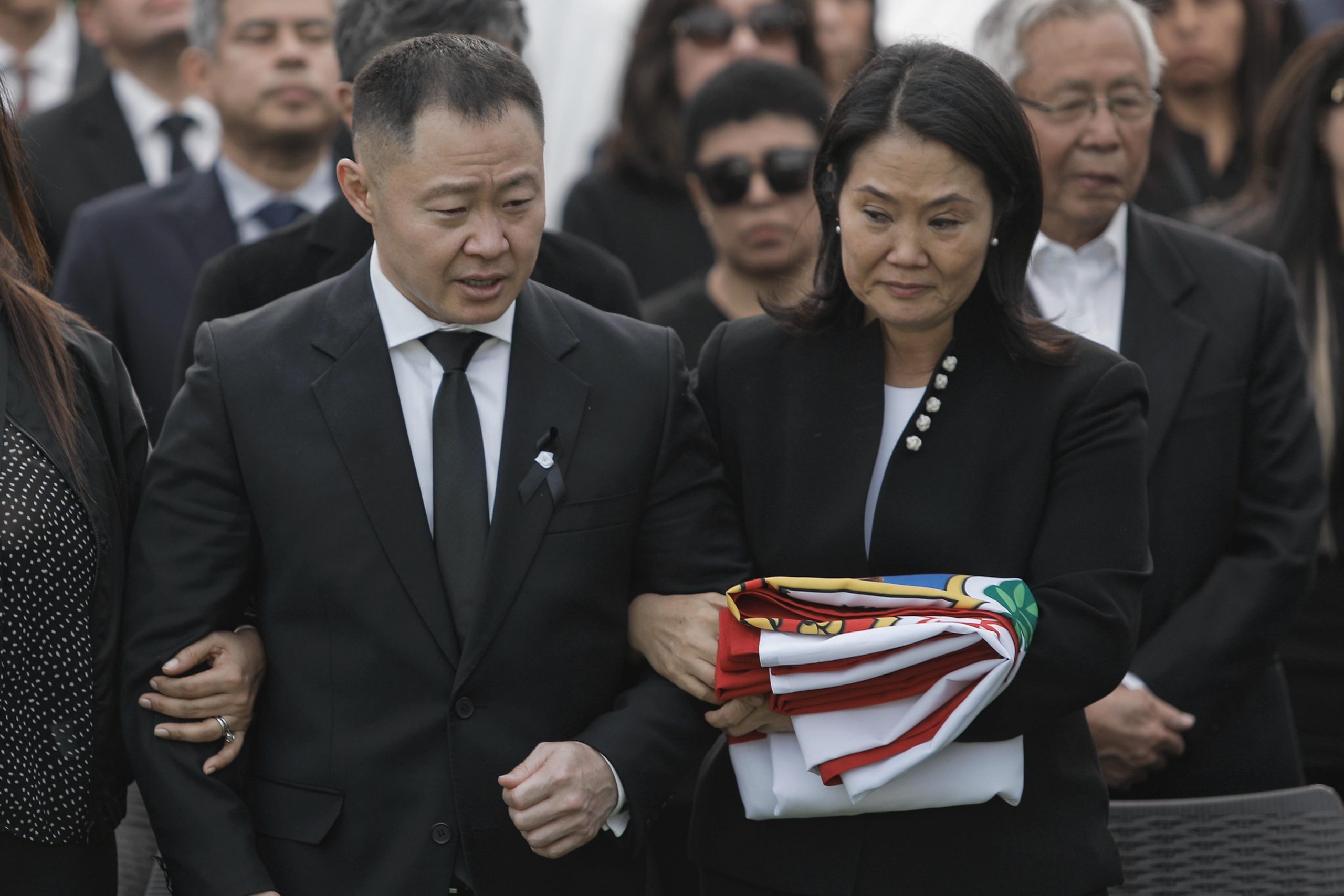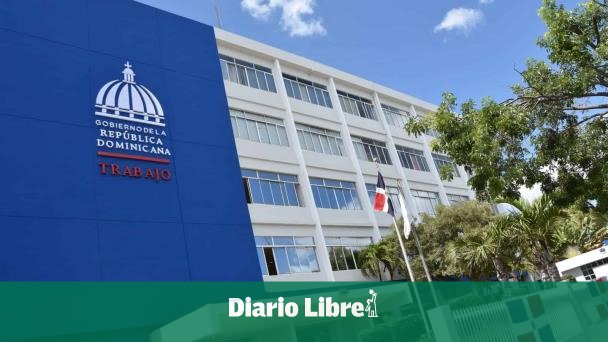After the death of Alberto Fujimori There are several questions that have arisen regarding the political legacy of the man who governed our country for a decade (1990-2000). The latest national Ipsos survey for Peru21 sheds light on the matter and reveals, against some predictions, that it is Keiko Fujimori —according to 55% of the population— who will lead Fujimorism after the 2026 elections, ahead of his brother Kenji (22%).
During her father’s funeral, the leader of the Fuerza Popular party made it clear that it would be her, and not her younger brother Kenjiwho would continue to vindicate his father’s political work, and delegated to him and Sachie complementary tasks to keep the former president’s legacy alive.
The national survey conducted by Ipsos for Peru21 seems to agree with her. 55% of those surveyed believe that she, and not Kenji (22%), will be the one to lead Fujimorism. The possibility of a third option emerging, however, does not seem to generate enthusiasm. Only 14% of those interviewed say that it could be another member of Fuerza Popular who takes the reins of Fujimorism.
Likewise, when asked if they think that the electoral strength of this political movement will remain the same or decrease, 37% think that there will be no changes and that it will continue at its current levels, compared to 32% who think that it will decrease; only 23% believe that it will increase. It should be noted, however, that when analyzing the figures for Lima and the interior of the country, it is noted that the perception that Fujimorism will maintain its electoral strength is much higher in the capital (44%) than in the provinces (34%), which would show that the pocket that Alberto Fujimori knew how to capitalize on in rural areas would indeed resent his absence.
Lights and shadows
Eleven days after Fujimori’s death, 61% of the population considers his impact on the political history of our country to be more positive than negative (31%). This is especially true in the northern (69%) and eastern (67%) regions. In the south, an area dominated electorally by the left and which has always openly rejected Fujimori, there is a rather negative opinion (53%) and something similar occurs in the centre with 42%. At the socio-economic level, meanwhile, it is in sectors A, C and E where they believe that Fujimori has had a positive impact with 70%, 63% and 62%, respectively.
Among the positive aspects that stand out in his government are the defeat of terrorism (56%), the capture of the genocidal Abimael Guzmán (39%) and the reconstruction of the economy (33%), while among the negative aspects are corruption (37%), the violation of human rights (35%) and his alliance with Vladimiro Montesinos (30%).
On the other hand, 44% of the population says that Fujimori’s death caused them sadness and grief; the figure rises to 50% in rural areas. In addition, 29% say that they received the news with indifference and 12% admit to having had mixed feelings.
Similarly, 56% support the honors of a head of state being paid to Alberto Fujimori, whose coffin, it is recalled, was taken to the Government Palace hours before being buried, where it was received by President Dina Boluarte and members of her ministerial cabinet. 39% express their disagreement with this measure.
More details of the Ipsos survey at https://epaper.peru21.pe/
Take advantage of the NEW EXPERIENCE: receive our enhanced digital newspaper by email or WhatsApp. Peru21 ePaper Check out our plans!


















